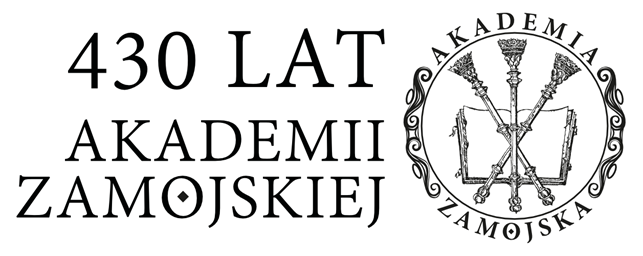‘Weit Stoss’ an ‘Autobiographical Figure’ of Wincenty Pol
Abstract
Wincenty Pol – a man of German-French origin, a heroic member of November Insurrection, recognized author of the patriotic poetry, a prisoner in 1846. Man who was losing his sight; as a result of slander in 1851, deprived of the position of professor of the Jagiellonian University. In the same time his poetry had been has intensively criticised. In 1854 he published his poem named “Weit Stoss” (Wit Stwosz) – an autobiographical confession of blind genius of medieval, and also a Pole in foreign for him Nuremberg. It is perpetuated to read this poem as an autobiographical statement of Wincenty Pol himself.
There is no doubt that the poem is a poetic adaptation of French-style artist’s biography, called livret. Fictional story of Pol’s poem tends to seek “an autobiographical figure” (Philippe Ljeune). But such an interpretation might be only a secondary application of the literary stereotypes of Romanticism, which is “literature in the function of negative” (Wolfgang Iser). In fact, in the works of Pol not what factual and disposable, or not the “I” as the universe, but the universe of art and religion is to be contemplated.
Keywords:
Wincenty Pol, poet, January Uprising, autobiography, Wit Stwosz’s poemDetails
References
Statistics
Authors
Citation rules
Licence

This work is licensed under a Creative Commons Attribution-NonCommercial-NoDerivatives 4.0 International License.


 Język Polski
Język Polski
 English
English
 Italiano
Italiano

